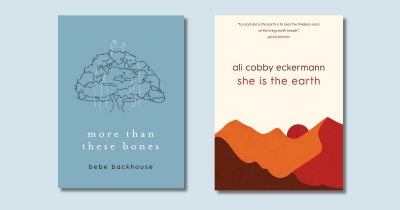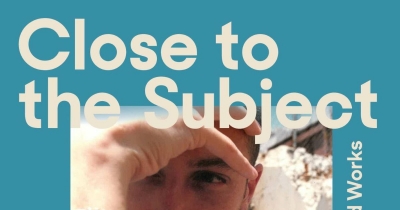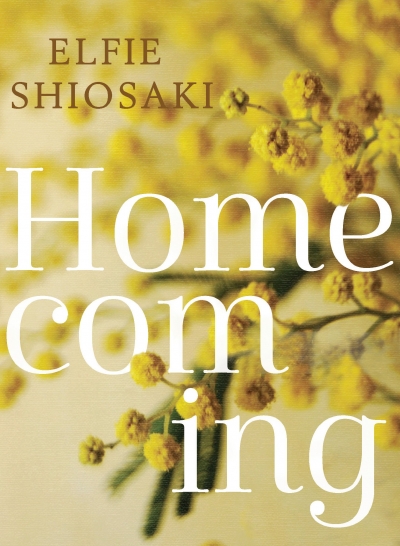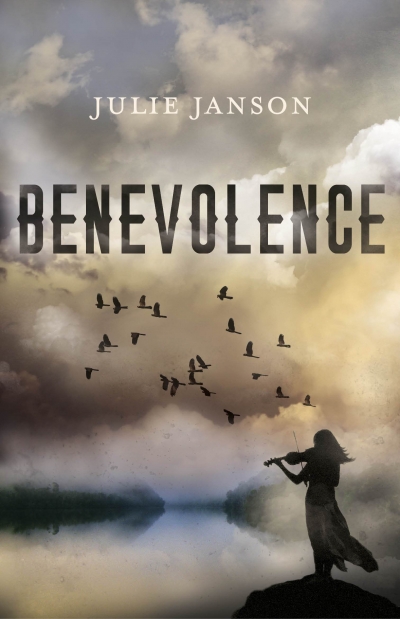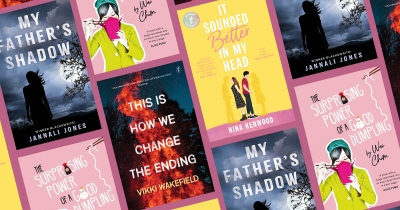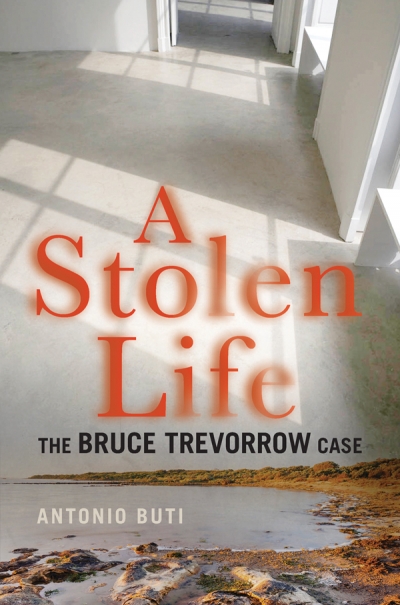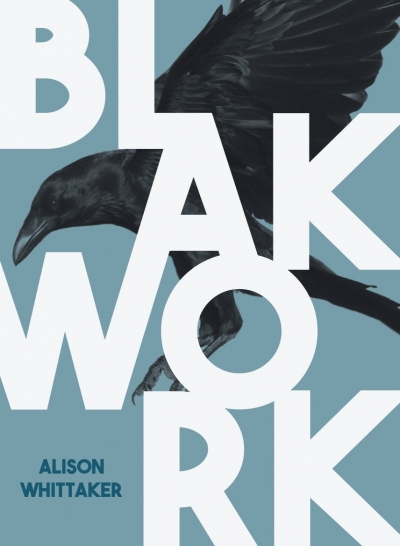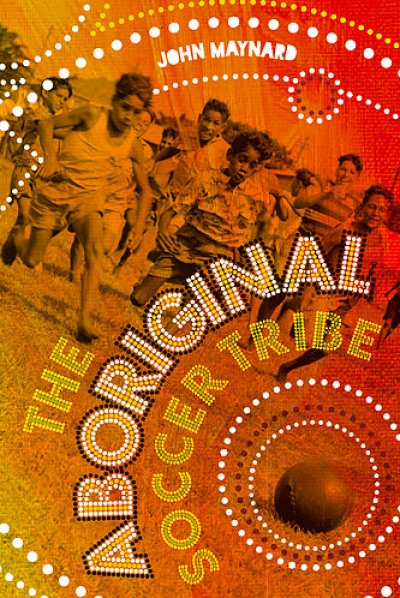Magabala Books
She Is The Earth by Ali Cobby Eckermann & More Than These Bones by Bebe Backhouse
by Julie Janson •
A whistleblower’s child hides from a drug ring in the Blue Mountains. A sixteen-year-old rolls through life like an armadillo. A Melbourne high-school graduate wrestles with her insecurities. The daughter of a Chinese restaurateur juggles her responsibility to care for her siblings as her mother’s health deteriorates.
... (read more)A Stolen Life: The Bruce Trevorrow case by Antonio Buti & My Longest Round by Wally Carr and Gaele Sobott
by Michael Winkler •
Blakwork by Alison Whittaker & Walking with Camels: The story of Bertha Strehlow by Leni Shilton
by Jen Webb •
To complement our 2017 ‘Books of the Year’, we invited several senior publishers to nominate their favourite books – all published by other companies.
... (read more)
